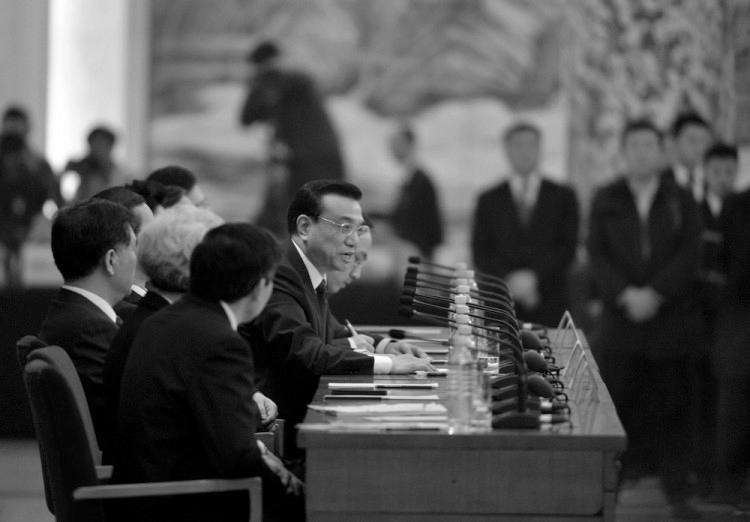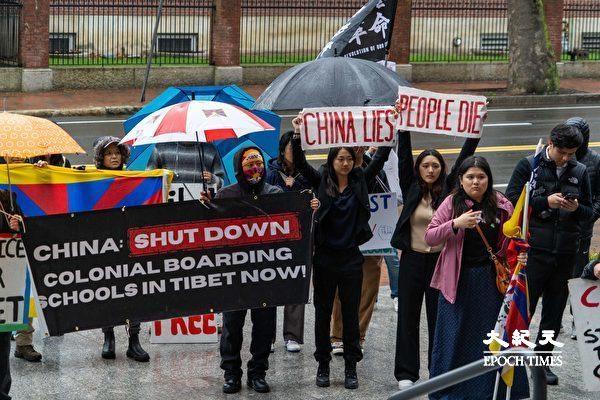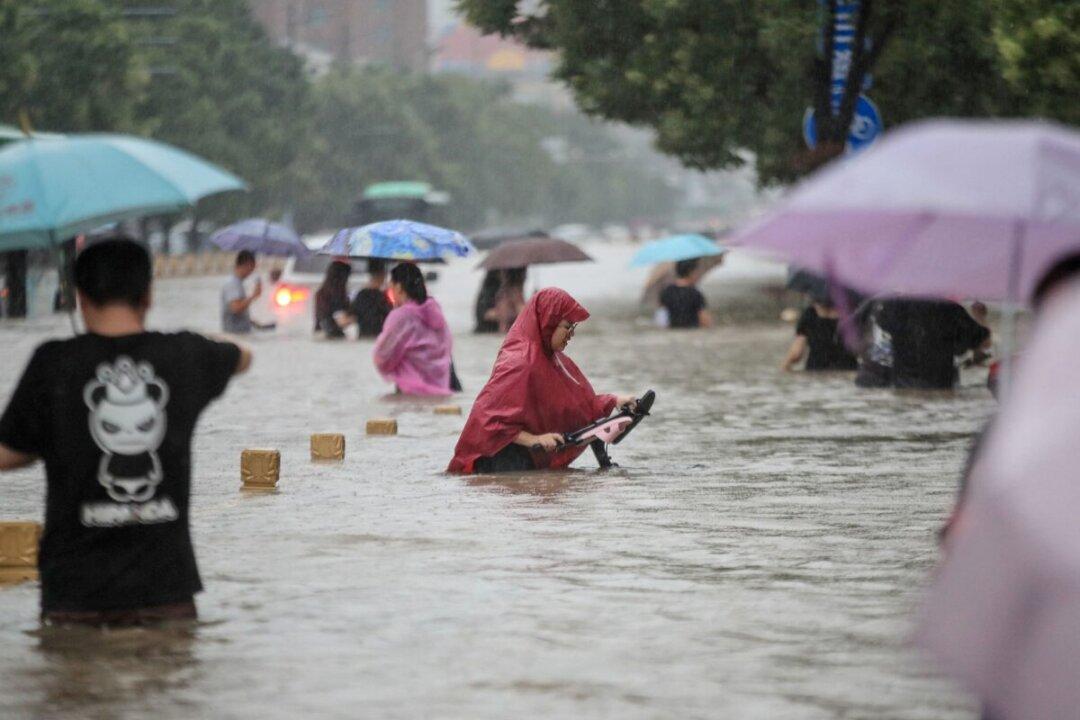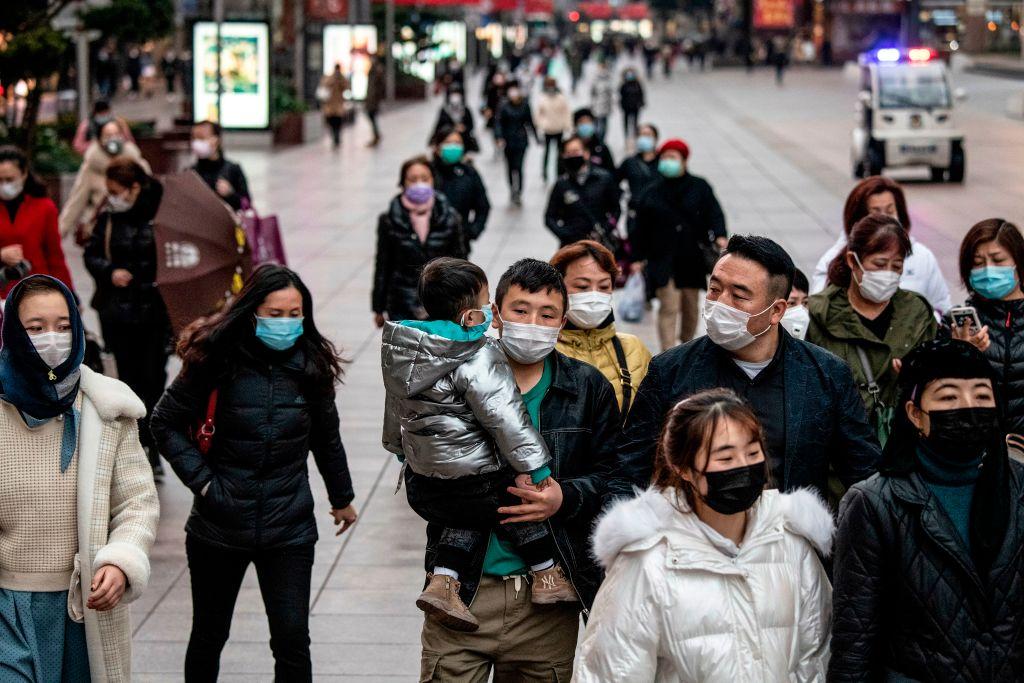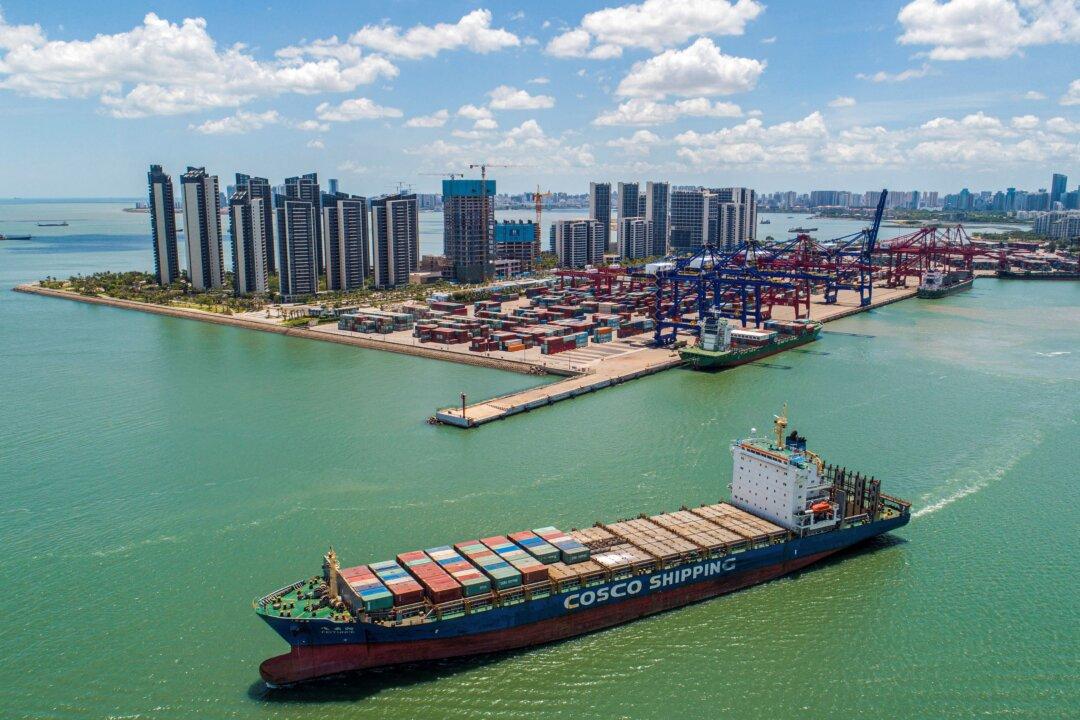At his first press conference on March 17, China’s new premier, Li Keqiang, announced that a plan will be released later this year to reform the controversial re-education through labor system.
Other high-level officials in the Communist Party have made recent statements that are in line with Li’s pledge. The original announcement was made on Jan. 7 by the newly appointed security chief Meng Jianzhu, who said the system would be abolished.
During the recent meetings of the National People’s Congress and the Chinese People’s Political Consultative Congress in Beijing, a number of other officials also made similar remarks.
In a press conference on March 9, Lang Sheng, deputy director of the Legislative Affairs Commission of the National People’s Congress Standing Committee, said that “relevant departments have been pushing forward the reform of the labor camp system in an active and steady manner… Progress will be made not before long,” state media China News Service reported.
“The time is ripe to put an end to forced labor system,” said Chen Jiping, a former Political and Legislative Affairs Committee (PLAC) official who now holds other, related posts.
The state mouthpiece Xinhua reported that Li Keqiang pledged to “deepen comprehensive reforms” during the press conference on March 17. “However deep the water may be, we will wade into it because we have no alternative,” he was reported to have said.
One province has already announced its own reforms. On Feb. 5, the head of Yunan’s PLAC said that it would immediately stop sending people to RTL camps on a number of charges, such as “threatening national security,” “causing unrest through petitioning,” and “smearing the image of officials.” However, people already sentenced remain in the labor camps there.
Shi Zangshan, an independent commentator on Chinese political affairs, believes that moves by Li and others under new Party leader Xi Jinping are part of a power struggle between Xi Jinping and his new leadership, and the old guard hardliners of Jiang Zemin and Zhou Yongkang. Zhou, a loyalist of former Party leader Jiang, was from 2007 to 2012 head of the PLAC.
In the decade or so that the PLAC was under the control of Jiang Zemin—first through top lieutenant Luo Gan, and then through Zhou Yongkang—the agency expanded its powers greatly, beefed up the labor camp system, and sentenced hundreds of thousands to labor camps. A particular target population during this period was the Falun Gong spiritual practice.
On Feb. 6, Beijing human rights lawyer Pu Zhiqiang openly denounced Zhou Yongkang on several Weibo microblogs, saying he is a “traitor” who “has brought huge disasters to the country.”
During an interview with NTD Television, Pu also said Zhou’s approach to “stability maintenance” is the major cause of China’s social instability. He predicted that the forced labor system would be abolished after the regime’s annual “Two Meetings,” which have just ended.
Pu did not suffer any repercussion after making those remarks, which would have been expected had the current leadership taken exception to them.
For Shi Zangshan, the overall picture indicates that “the power struggle between Xi Jinping and Jiang Zemin has escalated.”
Translation and research by Jane Lin. Written in English by Carol Wickenkamp.
Read the original Chinese article.
The Epoch Times publishes in 35 countries and in 21 languages. Subscribe to our e-newsletter.
